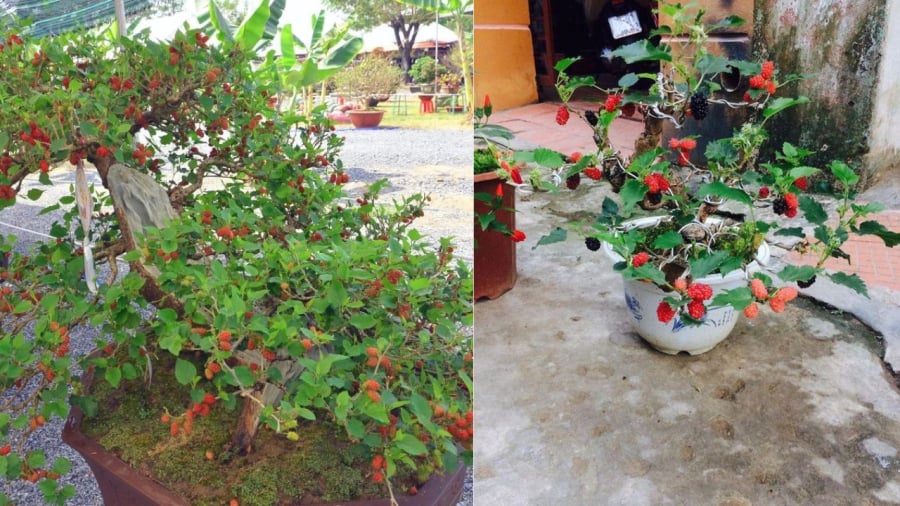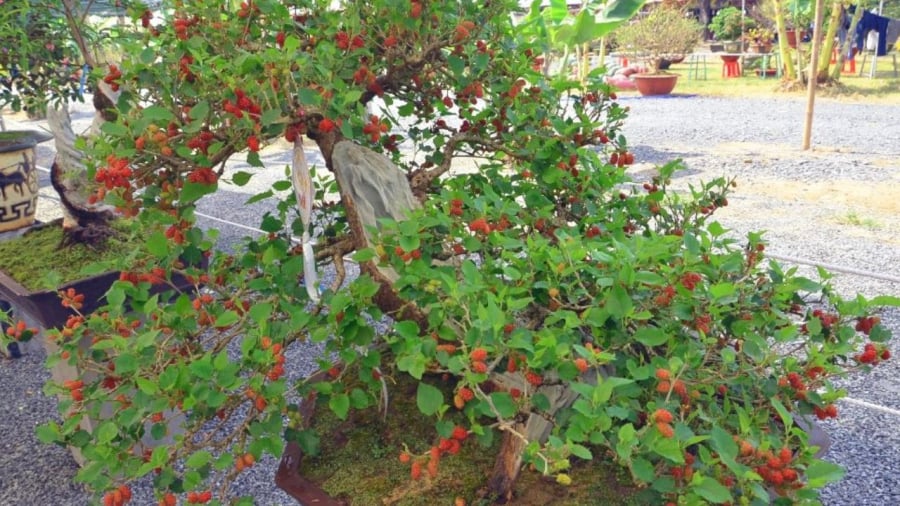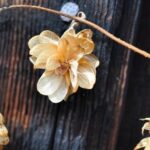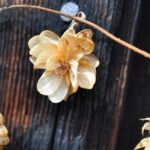Mulberry Trees and Their Significance in Traditional Vietnamese Life
The Mulberry Tree’s Role in Daily Life
The mulberry tree is a perennial plant primarily cultivated for its leaves, which are used to feed silkworms. Silk production is a tedious process, but it offers a relatively higher income compared to rice farming. The silkworms feed on mulberry leaves and produce silk threads, which are then woven into luxurious and expensive fabric.
Therefore, in the past, growing mulberry trees and rearing silkworms was a significant economic activity for many Vietnamese families.
The mulberry tree also bears delicious and nutritious fruits. Rich in vitamins, the slightly sour and sweet mulberries are considered a healthy treat.

The Versatile Mulberry Tree
Moreover, mulberry leaves have medicinal properties and can be used to treat bacterial infections, eye pain, and boils. The web of the praying mantis, when crafted into a remedy using the mulberry tree, becomes an invaluable medicine.
In traditional Vietnamese culture, jewelry made from mulberry wood was believed to ward off evil spirits and bring good fortune to the family, especially for pregnant women, the elderly, and infants.
Superstitions Surrounding the Mulberry Tree
Despite the mulberry tree’s importance, there is a superstition that discourages planting it in front of the house. In the past, the Vietnamese often used the Han Chinese pronunciation for mulberry, which is “tang.” This word sounds similar to the word for mourning or bereavement, invoking a sense of bad luck. As a result, it was believed that planting a mulberry tree in front of the house would bring misfortune and signify impending separation, sadness, and loss.
Additionally, in folk beliefs, the mulberry tree is considered a “yin” tree, meaning it possesses a strong yin energy. Therefore, planting it in front of the house was thought to deplete the yang energy, leading to illness for the household. The front of the house is meant to welcome fortune and prosperity, so it needs to be bright and vibrant with yang energy.

The Mulberry Tree’s Yin Energy
The Best Location for Growing Mulberry Trees
If you are interested in growing mulberry trees for economic purposes, it is recommended to have a separate garden or space for them. However, if you only plan to grow one or two trees, it is best to plant them at the back of your house.
While the mulberry tree is avoided in the front, it is considered auspicious to plant it as a fence at the back of the house. This is because the back of the house is where evil spirits might try to enter, and the strong yin energy of the mulberry tree will scare them away. Superstition has it that the spirits will assume misfortune has already befallen the household, and thus, they will not attempt to cause further harm.
Nowadays, some bonsai enthusiasts disregard these old beliefs and enjoy cultivating mulberry trees due to their pliability. The resilient wood of the mulberry tree lends itself well to creating aesthetically pleasing bonsai shapes. Thus, modern perspectives might differ from traditional folk beliefs, and the decision to plant mulberry trees depends on your personal intentions and preferences.
Disclaimer: This information is based on traditional beliefs and is for reference only.



































